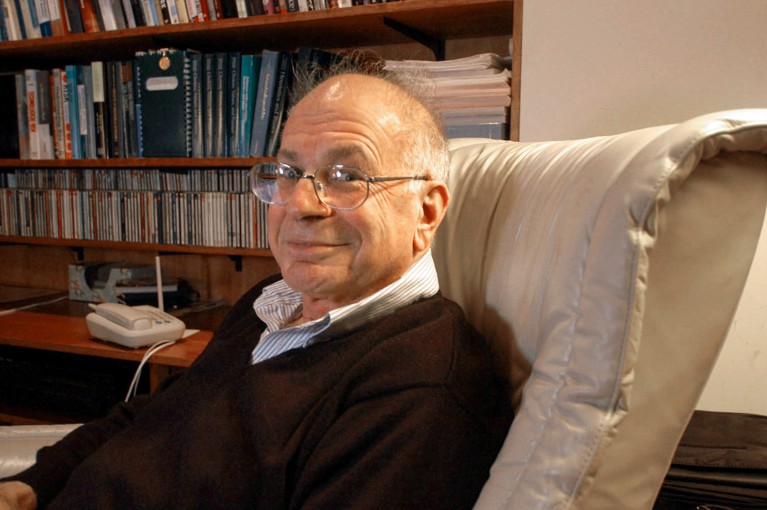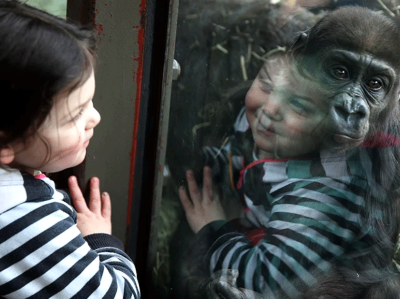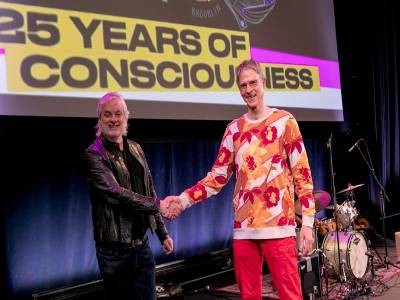[ad_1]

Credit: Norman Y. Lono/The New York Times/Redux/eyevine
Israeli US psychologist Daniel Kahneman was sceptical when Amos Tversky — his colleague at the Hebrew University of Jerusalem — gave a lecture on the rational-agent model of economic thinking, which assumes that people typically make rational decisions. This sparked an intense collaboration, and, beginning in the 1970s, the two demonstrated systematic violations of those assumptions. This upended the study of human decision-making, helping to launch the field of behavioural economics and altering how the human agent is viewed across the social sciences and beyond.
Tversky died in 1996, at the age of 59. Kahneman, who has died aged 90, was awarded the 2002 Nobel prize in economic science for their joint work, “having integrated insights from psychological research into economic science, especially concerning human judgement and decision-making under uncertainty”.
Kahneman began his research in visual perception and attention, before shifting to decision-making, judgmental bias and the study of well-being. In his 2011 bestseller, Thinking, Fast and Slow, he outlined two modes for human judgment: an intuitive, effortless process, driven by immediate and emotional impressions, and a more deliberative and analytical one, partly responsible for catching errors made by fast thinking.
Consciousness: what it is, where it comes from — and whether machines can have it
Kahneman, the son of Lithuanian Jews who had emigrated to France in the 1920s, was born in 1934 in Tel Aviv (now Israel) during a family visit. In Nazi-occupied France, forced to wear the yellow star, the family spent years in hiding during the Second World War, living for part of the time in a chicken coop. Kahneman’s father died when he was 10, and, in 1946, his mother took the family to Tel Aviv. Kahneman graduated from the Hebrew University of Jerusalem with a degree in psychology and mathematics in 1954 and received a doctorate in psychology from the University of California, Berkeley, in 1961 before returning to teaching and research in Jerusalem.
Kahneman and Tversky’s early collaboration consisted of long working sessions, often in cafes, peppered with jokes, anecdotes and the search for the perfect demonstrations. They became almost inseparable for a few fervent years, producing several papers, which are now known as the heuristics-and-biases programme. They both left Israel in 1978. Kahneman joined the University of British Columbia in Vancouver, Canada, then Berkeley in 1986, before settling down at Princeton University, New Jersey, in 1993.
Conventional economics holds that people’s decisions are based on anticipated outcomes. By contrast, Kahneman and Tversky’s influential prospect theory focused on gains and losses over final states. In one study, people chose between monetary gambles. One group started with $300 and had to decide between a sure $100 gain or a 50% chance at $200; the other started with $500 and chose between a sure $100 loss or a 50% chance to lose $200. Both groups essentially had to pick between an equal chance at $300 or $500, or $400 for sure. But people preferred a sure gain over a probabilistic gain, and a probabilistic loss over a sure loss, ending up with different outcomes.
Decades-long bet on consciousness ends — and it’s philosopher 1, neuroscientist 0
Perhaps the most important lesson from prospect theory is that losses loom larger than gains — losing $100 hurts more than winning $100 pleases. Among its myriad implications, this predicts impasses in negotiations, in which what each side renounces weights more than what it stands to gain.
Kahneman coined the term ‘the illusion of validity’ for people’s tendency to form impressions that are markedly less valid than they seem. This relates to systematic overconfidence in one’s judgements, often exacerbated by mental shortcuts that yield misguided intuitions.
Mild and self-effacing, Kahneman was open to the likelihood that he himself was often wrong. He engaged in what he called “adversarial collaborations” — in which researchers with competing theories, often theories in great tension with each other, work together towards some resolution.
Kahneman later studied the difference between ‘experienced’ and ‘remembered’ well-being. The memory of an experience, he concluded, was determined largely by its peak moment and by how it felt towards the end. With Canadian physician Don Redelmeier, he found that, at the end of a colonoscopy, leaving the tube stationary for a moment makes the procedure less unpleasant than removing it straight away. The extra moment of gratuitous but light discomfort left a better memory of the experience and made participants more likely to return for future tests.
In 1978, Kahneman married Anne Treisman, a noted UK cognitive psychologist. In 2013, then US president Barack Obama recognized the achievements of Treisman, through the National Medal of Science, and Kahneman, with the Presidential Medal of Freedom.
Kahneman took more-visible political stances in his last years, particularly regarding developments in Israel. He signed a letter that asked the government to not undermine the independence of the National Library of Israel, supported an international plea to return hostages held by Hamas and spoke at a rally in New York City against the Israeli government’s efforts to overhaul the judiciary.
In his last, co-authored book, Noise (2021), Kahneman focused on noise — the “undesirable variability in judgments of the same problem” — and suggested that organizations should gauge levels of inconsistency in its employees’ professional judgements through audits.
Kahneman’s work has led to the rethinking of decision-making and judgement in areas as diverse as political negotiations, medical treatment, the recruitment of baseball players and the perception of fairness in economic decisions.
[ad_2]
Source Article Link



